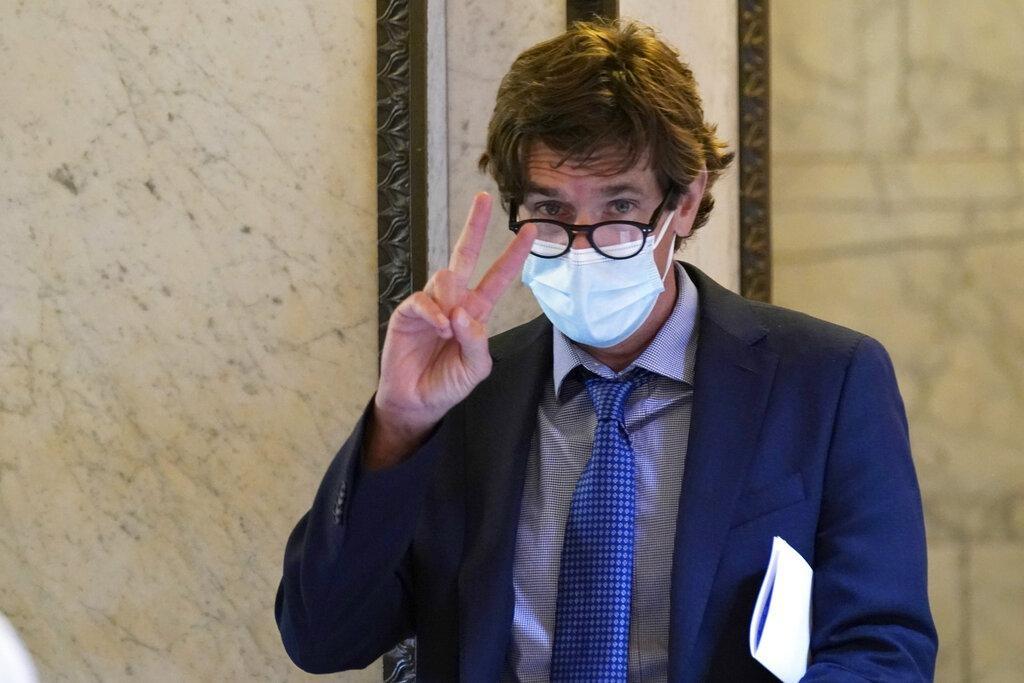Mississippi's State Department of Health is responding to a large increase in congenital syphilis cases in the state with some new requirements.
State health department making changes in response to rise in congenital syphilis


Mississippi's State Department of Health is responding to a large increase in congenital syphilis cases in the state with some new requirements.

Lacey Alexander
State health department making changes in response to rise in congenital syphilis
The health department recently released an alert informing physicians that syphilis testing on pregnant people is now mandatory. This comes after cases of babies being born with syphilis rose over 1000% over the last few years.
Dr. Geri Weiland is a pediatrician in Vicksburg and the former president of the Mississippi State Medical Association. She says she applauds the department of health for making the testing a requirement, even though the hospital campus where she works supplies these tests already.
"I know that everybody born here in this hospital, there is a syphilis test done on mom." she says. "If it hasn't been done in the last seven days, it gets done again when she is admitted for the delivery... it's always been done here."
The mandate requires doctors to test pregnant patients in the first trimester or the first visit for care.
Dr. Thomas Dobbs is the Dean of School of Population health at the University of Mississippi Medical Center. He says the rise in cases could have been avoided with more comprehensive care.
"Some of the biggest missed opportunities include delayed prenatal care about a third of the time, not getting tested about a third of the time and then not getting timely or adequate treatment." he says. "Each one of those different issues has a different strategy to sort of improve upon our situation."
The mandate is effective immediately, and the department of health also suggests testing pregnant patients in the third trimester.